Based on Extending definition here:
Extend is a directed relationship that specifies how and when the
behavior defined in usually supplementary (optional) extending use
case can be inserted into the behavior defined in the extended use
case.
For example (in that reference):

Registration use case is complete and meaningful on its own. It could
be extended with optional Get Help On Registration use case.
Meaning that, in Registration Use Case and in it's behavior, we may need to perform Get Help On Registration Use Case too.
It seems only a link, but it is not just a link to Get Help On Registration Use Case (we may need it to perform Registration).
For another example (from this question):
Suppose that we have Answer the Question Use Case and Research the Answer Use Case. To perform Answer the Question Use Case we may need to perform Research the Answer Use Case too. (And also this is not only a link)

For another example:
Suppose that we have Enroll in University and Perform Security Check Use Cases. To perform Enroll in University Use Case we may need to perform Perform Security Check Use Case too.
In Extend:
A behavior extends another if it is in addition to, but not necessarily part of the behavior.
Therefor: In your example to perform View Items Use Case we do not need to perform View Item Details Use Case too. In other word, in the steps of View Items scenario, we do not need to perform (or optionally) View Item Details scenario. They are stand-alone Use Cases.

